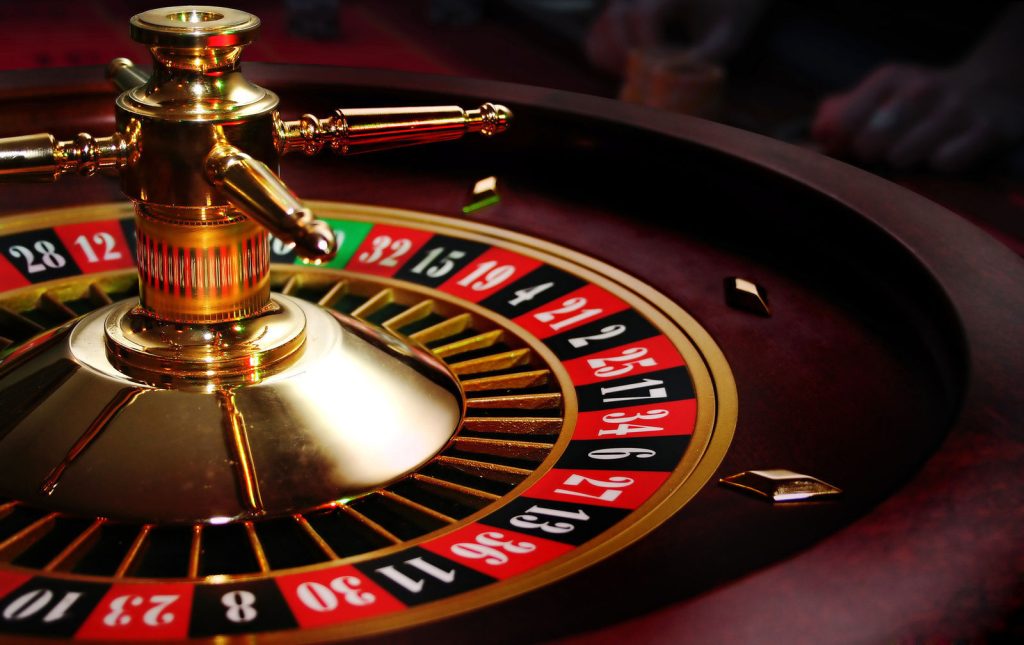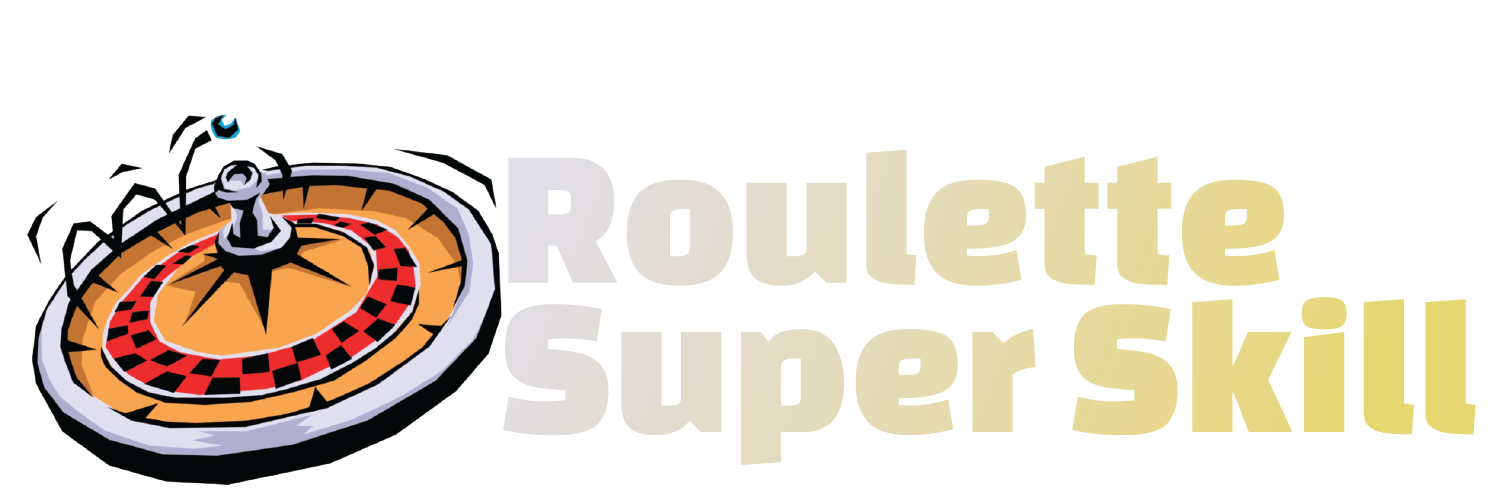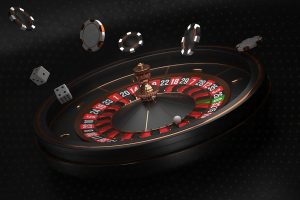
Scammers utilize computers to monitor ball and wheel speeds and determine where a ball may land – this technique is known as edge sorting.
There have been reports of players dominating casinos through wheel bias, yet few can truly make millions using this approach. Tracking and analyzing spins to detect any biases requires much time investment from all involved in order to exploit one successfully.
Loose frets
Roulette is a game of chance; skill cannot make much of a difference here. But this doesn’t prevent some players from trying to gain an edge by exploiting it.
Casinos invest heavily in their roulette wheels to ensure they are free from bias. Regular maintenance checks, and replacing them if needed, as well as advanced monitoring systems which track spin outcomes help casinos to quickly identify any issues and respond swiftly.
Searching for wheels with bias can be challenging. Recording results over time to detect patterns is essential; keep your edge small as well as manage your bankroll carefully to achieve success.
Odds of hitting a single number
As in roulette, the odds of hitting any particular number vary drastically and it is essential that you understand these odds before beginning to play and be ready for potential large swings in your bankroll. One effective way of doing so is reading up on which bets pay out most often and making informed choices before betting.
People have historically made significant profits by taking advantage of biased roulette wheels, with certain systems promising to help beat the house. Unfortunately, most such schemes are illegal and casinos could confiscate any winnings should they discover you using one.
One common approach for predicting roulette outcomes is visual tracking, which requires patience and visual acuity to predict the next number on a roulette wheel; however, it cannot guarantee accurate predictions.
Odds of hitting a double number
Roulette odds vary significantly. Online games will often provide information on the odds for different bets paying out; however, before placing your bets you should always double-check. Given the strict regulation in place in the UK from independent bodies like the Gambling Commission it would be extremely bold for casinos to rig a roulette game!
However, some players have successfully used their knowledge of wheel biases to gain an edge against the house. Doing this takes patience and a keen eye; experienced players can identify biased wheels quickly but must know how best to utilize this information.
Odds of hitting a triple number
Roulette is one of the hardest casino games to cheat at, yet that hasn’t stopped would-be scammers from trying their luck over time. Their scheme typically uses physical imperfections in the wheel which cannot be detected when playing online; however, keen-eyed players and analysts can detect such imperfections, and even track results and log them on spreadsheets to detect any biased wheels.
Visually detecting bias can be an arduous task that takes patience and careful observation; however, if done right it can provide an opportunity to make money off roulette wheels.
Bonus bets
Roulette is an engaging online casino game and an ideal way to test out new strategies. While casinos might rig the game occasionally, such scams are rare and can easily be avoided by following some simple rules.
At first glance, roulette wheels may appear simple enough but over time can develop subtle biases which are difficult to detect due to normal fluctuations. Casinos frequently monitor their tables in order to prevent advantage play or bias exploitation and must ensure all necessary precautions are in place against this happening.
Roulette wheel design
Casinos have long recognized that roulette favors the house, yet some players continue to try and beat it. They may implement new betting systems or look for ways to exploit its design; many strategies exist for doing this successfully – one such is using Newtonian deceleration laws as an aid in predicting ball trajectory.
An established casino will regularly inspect their roulette wheels for physical defects that might interfere with randomness, such as loose pocket separators or damaged ball tracks. Such physical imperfections disrupt randomness by forcing certain pockets or wheel sections more frequently into contact with the ball than others during its spins.





